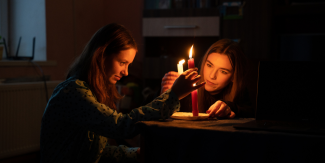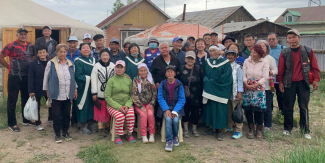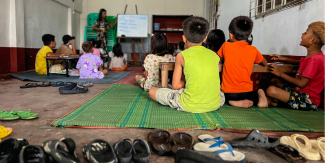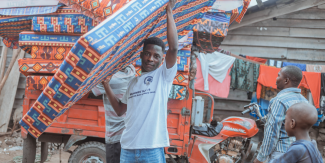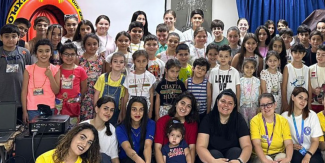May 22, 2025 - ADAPTED FROM A STORY BY JOANNA NASRALLAH AND NABIL HABIBY
Lebanon has received more than 2.5 million Syrian refugees during the last 14 years. Currently, approximately one million remain in Lebanon, trying to navigate life in an unfamiliar country and culture. For these refugees, and other migrant workers from Africa and East Asia, finding appropriate medical care is a challenge. Additionally, due to the ongoing economic crisis and political instability, many of the Lebanese population also find themselves facing barriers to health care. For these people, there is no balm in Gilead.
In October of 2020, Beirut Church of the Nazarene expanded a small home health care ministry that checked on patients in their homes, turning it into a clinic close to its campus in east Beirut. The ministry is called Balasaan, the Arabic word for balm from Jeremiah 8:22.
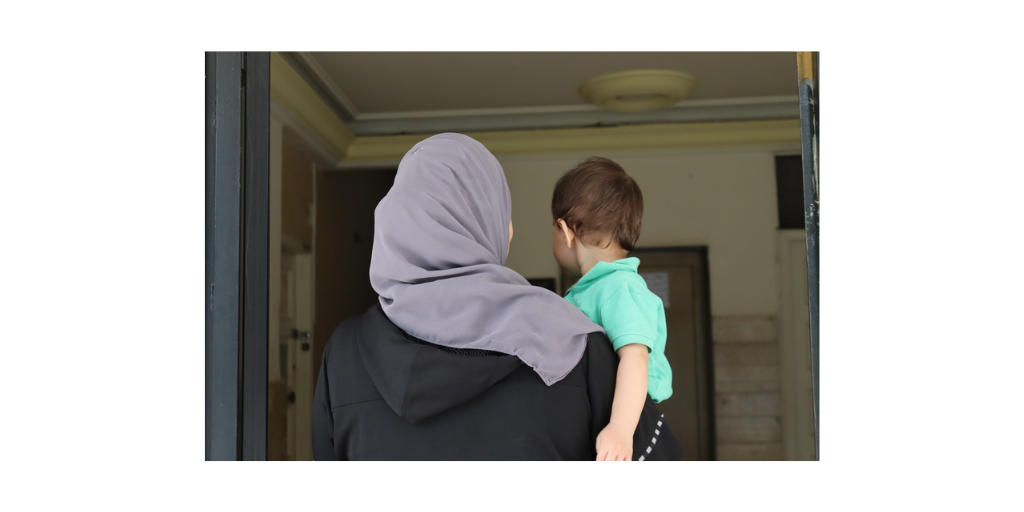
The church community knew early on they wanted to offer physical and psychological care, understanding that many of the people the clinic serves have experienced trauma. Therefore, the center includes 10 specialists, including psychologists and psychiatrists.
The clinic also offers the services of a physical therapist, general practitioner, pediatrician, orthopedic doctor, nutritionist, and gynecologist, in addition to administrative staff and a resident nurse.
So far, Balasaan Clinic has served 400 patients from many different nationalities. Approximately 70 percent of patients are Lebanese, 25 percent are Syrian, and 5 percent are from other nationalities.
For just $1.10 USD per visit, patients can see any specialist. The clinic also covers 50 percent of most medical tests and 20 percent of medications from a local pharmacy.
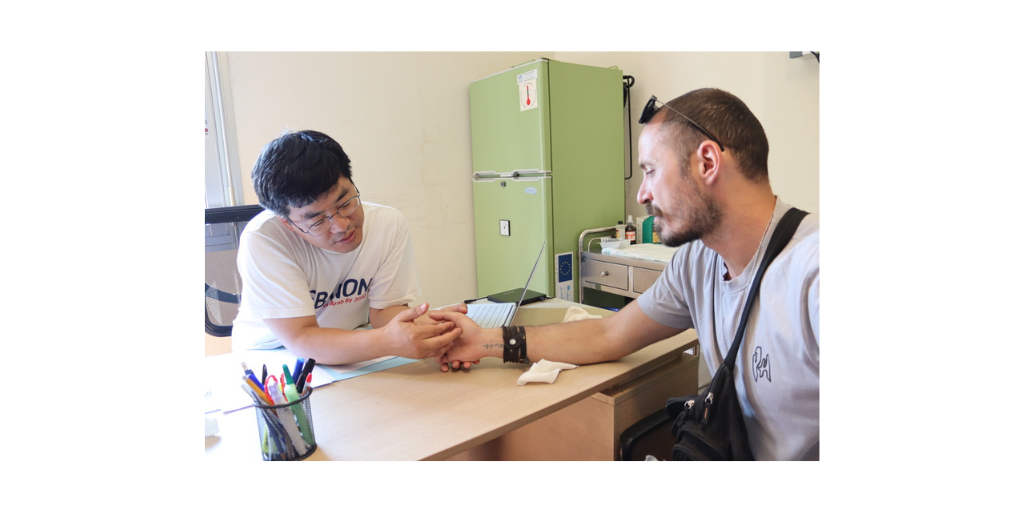
Ahlam* is a Syrian mother who visited Jenny, a physical therapist, for some body aches. While in conversation with Jenny, who also directs the clinic, it became clear that Ahlam was experiencing trauma from ongoing bombing campaigns. Those loud booms had awakened a trauma reaction in Ahlam’s body after living through the Syrian war. Jenny offered to pray for Ahlam, who was pleasantly surprised that a health care center would also offer prayer. She accepted the offer.
Jenny explained that when she was done praying, Ahlam “simply looked up at me and smiled,” and later reported feeling calmer. The act of praying with her in love calmed her nerves.
Alexandra, co-director of the clinic, shares that she is often overwhelmed by the issues faced by the patients who visit the clinic. But she feels strengthened by the ministry they offer.
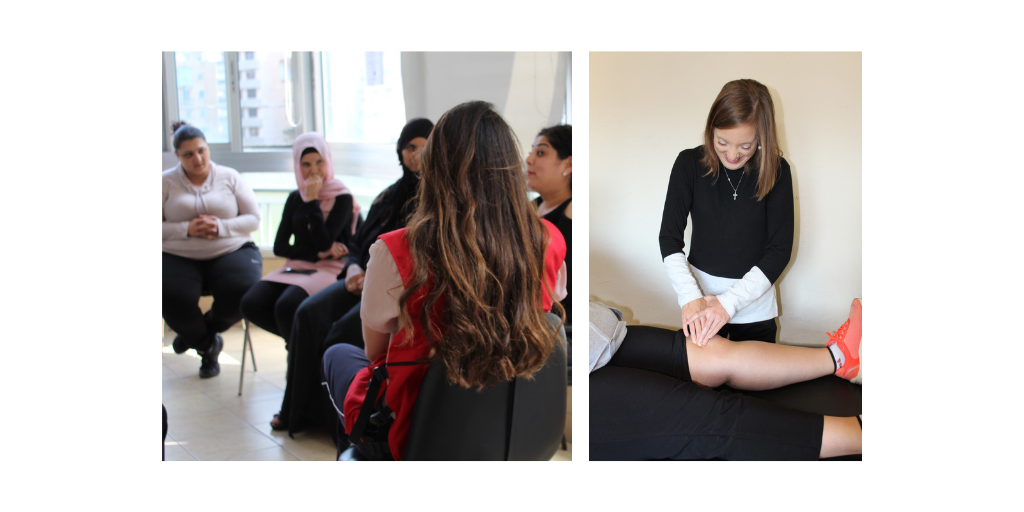
“What continues to give me strength is the fact that we help them and that we show them God’s love,” Alexandra said. “This is not just a job for me but a place to show God’s grace. I have noticed that I, too, have grown in grace while working in this place.”
*Names are changed for protection.
-Adapted from the most recent issue of NCM Magazine. Read more stories from the clinic, and other stories of hope, here.

